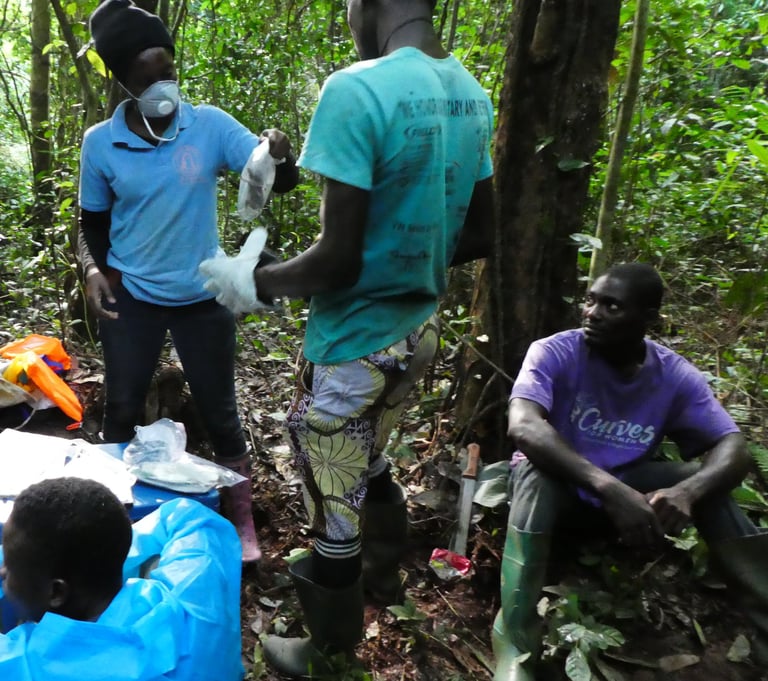Zoonoses and public health


Zoonoses are diseases that can be transmitted from animals to humans, and many of these originate in wildlife. Understanding and monitoring wildlife populations and their health are integral to the early detection and prevention of potential outbreaks in humans. Although wildlife serves as reservoirs for various pathogens, interactions between humans and wildlife, through activities like hunting, deforestation, and encroachment into natural habitats, can increase the risk of zoonotic transmission. Moreover, biodiversity in ecosystems helps regulate disease vectors, limiting the spread of certain illnesses. Therefore, conservation efforts that safeguard wildlife habitats and promote sustainable coexistence are essential for mitigating the risk of zoonoses and protecting public health. As an organization, we recognize the interconnectedness between the health of wildlife and humans and the importance of holistic approaches to biodiversity conservation for promoting ecosystems and global public health.
